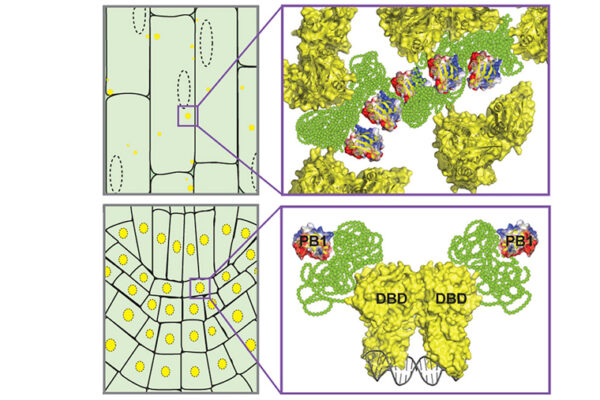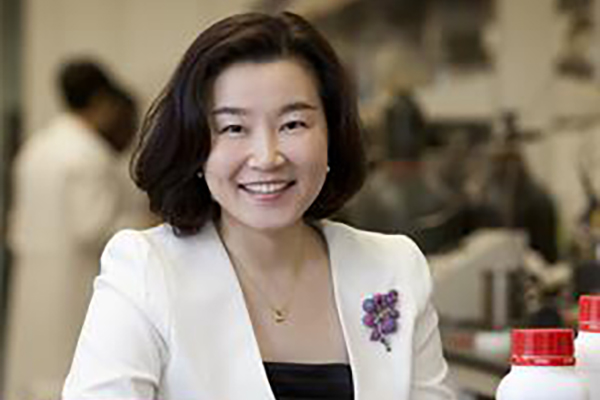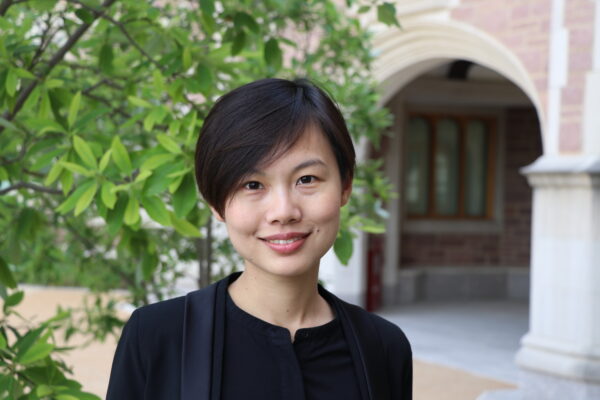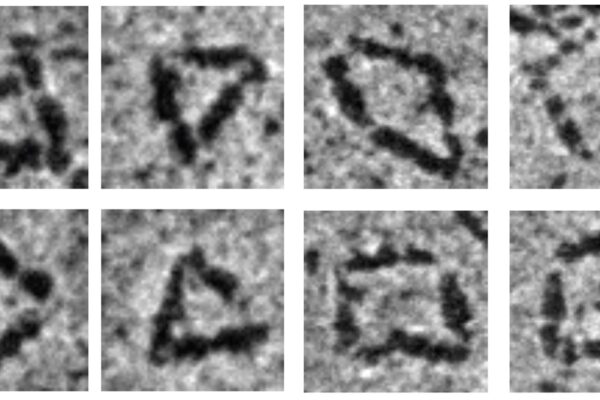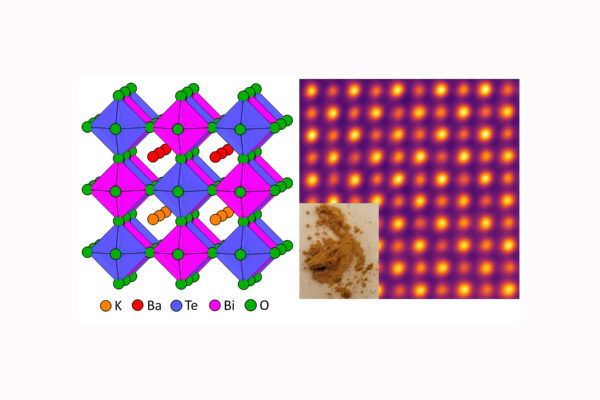Sticky proteins help plants know when — and where — to grow
When it comes to plant growth and development, one hormone is responsible for it all: auxin. New Washington University in St. Louis research has uncovered a mechanism by which it can affect a plant in a myriad of ways.
International collaboration leads to cellular mechanobiology discovery
Shumeng Jiang, a doctoral student in mechanical engineering in the McKelvey School of Engineering at Washington University in St. Louis, was part of a team that uncovered previously unknown cell behaviors.
Which city is most polluted? No one knows
Of all the reasons why researchers would prefer more robust monitoring of pollutants in the atmosphere, one stands out: Having this basic information is an indication of progress in the realm of environmental science. A McKelvey School of Engineering scientist outlines the extent of the gap between what researchers know and don’t know.
Jun named American Chemical Society fellow
Young-Shin Jun, professor of energy, environmental and chemical engineering, has been named a fellow by the American Chemical Society, the world’s largest scientific society. She is the first recipient from the McKelvey School of Engineering and the third at Washington University in St. Louis.
Change the bias, change the behavior? Maybe not
In a meta-analysis of published research, psychologist Calvin Lai of Washington University in St. Louis teases out how changes in implicit bias do — and do not — appear to lead to changes in behavior. And why that might be.
Bugg elected fellow of Association for Psychological Science
Julie Bugg, associate professor of psychological and brain sciences in Arts & Sciences, was elected a fellow of the Association for Psychological Science.
Ling wins Powe Award for junior faculty
Fangqiong Ling, assistant professor of energy, environmental and chemical engineering at the McKelvey School of Engineering, has received a Ralph E. Powe Junior Faculty Enhancement Award from Oak Ridge Associated Universities.
Synthetic biology enables protein origami
Fuzhong Zhang, associate professor of energy, environmental & chemical engineering in the McKelvey School of Engineering, and members of his lab have developed a bottom-up approach to build 2D nanostructures, essentially starting from scratch.
A good first step toward nontoxic solar cells
A team of engineers at Washington University in St. Louis has found what they believe is a more stable, less toxic semiconductor for solar applications, using a novel double mineral discovered through data analytics and quantum-mechanical calculations.
Lots of lead in the water? Maybe manganese is to blame
In the right environment, a harmless mineral can do a lot to change the composition of the drinking water that flows through lead pipes. New research from the McKelvey School of Engineering discovers how.
View More Stories
